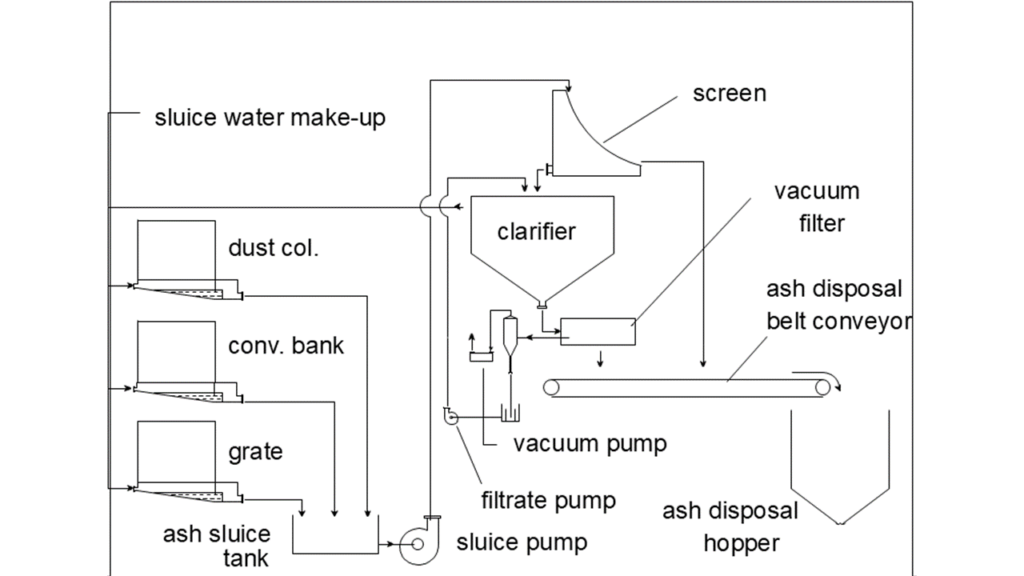Project dates: 01/07/2023 - 30/06/2024
All mills produce boiler fly ash and have a need of processing this into a suitable waste product in a cost-effective manner. However, there is little information available on modern processing technology and expected equipment performance when processing bagasse fly ash.
The boiler ash system has become increasingly important for sites to meet their environmental obligations for both boiler flue gas particulate emissions and for effective wastewater treatment. Ash systems provide a clean water supply for wet scrubbers and the quality of the water is important to the performance of the scrubbers. Boiler ash water can also have significant impacts to the health of activated sludge wastewater treatment plants so close management of the plant is required to prevent ingress of ash water into effluent to maintain effective wastewater treatment performance.
Outputs from this project include information on the current performance of wet ash systems across the Australian sugar industry, an assessment of how wet ash system performance affects the performance of wet scrubbers and the operation of the boiler station and a documented manual for bagasse fly ash system design. This will help the industry improve the design and performance of bagasse fly ash systems.
With better performing bagasse fly ash systems emissions from sugar factory boilers with wet scrubbers will reduce. Stoppages and maintenance costs associated with the build-up of deposits inside wet scrubbers and boiler ductwork and on boiler induced draft fan impellers will reduce with better performing bagasse fly ash systems.
Chief Investigators
Partner Investigator
- Jonathan Gilberd (Wilmar Sugar)
Project partner
Project funding
